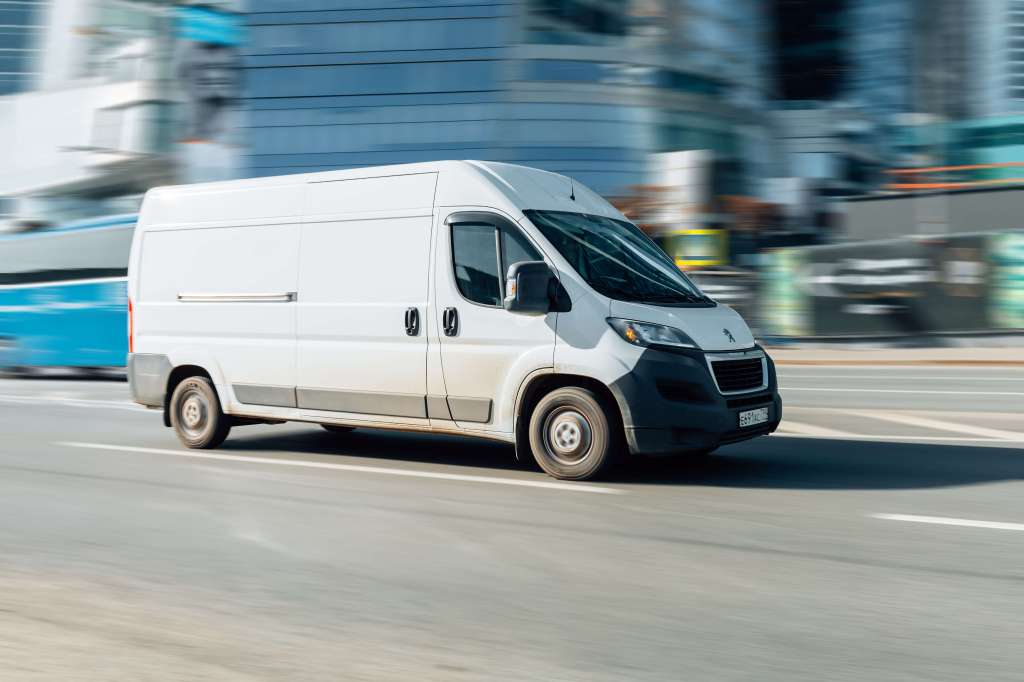Driving any vehicle without insurance is against the law and the consequences can be significant. But when you drive a business vehicle without insurance, not only are you breaking the law – you’re putting your business at risk too.
What are the consequences of driving without insurance and how could they affect your business? And what if you have multiple employees using the same company vehicle? Read on to find out.
What is the penalty for driving without insurance?
Because it’s a legal requirement to have at least third party vehicle insurance under the Road Traffic Act, driving without it can have significant consequences.
If you’re caught driving without insurance, you’ll be fined £300 and get six to eight points on your licence. But if the offence goes to court, there could be additional penalties such as:
- an unlimited fine
- disqualification from driving
- your vehicle being seized or destroyed
And if you’re convicted of driving without insurance, an IN10 endorsement (conviction code for driving without insurance) stays on your driving licence for four years.
Because you need to tell insurers about this conviction, you’ll likely pay much higher insurance premiums for the five year period after your conviction.
In some cases, you may struggle to even get an insurance policy because you’ll be seen as high risk.
If you fail to tell an insurer about a driving conviction you’ve received within the last five years, your insurance will be cancelled.
Is driving without insurance a criminal offence?
Yes, it is. Insurance is there to cover you and other road users’ costs if there’s an accident or damage caused by fire and theft. The minimum level of insurance required to drive is third party insurance to cover the costs of others in an accident.
Comprehensive cover is more commonly used for business vehicles, as it also covers your own costs following an accident, as well as others. It also covers your losses from fire and theft.
But it’s important to understand that even if you’re not driving your vehicle, it still needs insurance unless you’ve registered it as ‘Statutory Off Road Notification’ (SORN).
You need to register your vehicle as SORN if you no longer need to drive (or park) on a public road.
You can be fined £100 if you’re the registered owner of an uninsured vehicle that’s not been declared as SORN. But it isn’t just a fine, you can potentially:
- have your vehicle impounded or the wheels clamped
- be taken to court and get a maximum fine of £1,000
What if someone else drives my van?
It’s common for more than one person to drive a work van, but making sure you have the right cover is important. Just because you’ve insured your van, it doesn’t mean anyone can drive it.
Even with comprehensive cover, usually only people who are named drivers on the policy should drive the vehicle. And It’s important for you to make sure only named drivers use your vehicle because if they’re not and there’s an accident, your vehicle may not be covered.
Your employees may think they’re covered to drive your vehicle because they’re insured to drive other cars (DOC) on their own insurance policy. But the truth is that this isn’t enough to cover them or your vehicle.
DOC cover is less commonly offered by insurers these days. When it is, it’s meant for emergency use and only offers third party cover. So if someone is driving your vehicle with DOC cover, your vehicle won’t be covered if they have an accident.
Van insurance policies cover the vehicle and those who are named drivers. If somebody is going to be driving your van, they need to be added as a named driver on the policy. If it’s for a short time period, you can usually add them temporarily.
What happens if you’re hit by someone without insurance?
If you have fully comprehensive cover on your vehicle and you’re hit by an uninsured driver, your policy should cover you.
But if you only have third party cover and the accident is their fault, you won’t be able to claim on their insurance to cover your costs like you normally would. You’ll need to contact the Motor Insurance Bureau, who’ll try to compensate you for your losses. Like with any accident, it’s important to collect as much information as possible towards the claim, such as:
- the other driver’s personal information
- witness accounts of the accident
- dash cam or CCTV footage
- photos of the incident
Van insurance for business
In the UK, all vans used for business purposes must have a commercial van insurance policy. You need business van insurance if you’re using your van for any work-related reason, like driving to and from a job site, for example.
Having a commercial van policy can help reduce the disruption and impact an accident can have on your business.
Is there anything else you’d like to know about driving without insurance? Let us know in the comments below.
Useful articles for business van owners
Get personalised insurance for your business
Whether your company needs business interruption insurance, public liability insurance or something else entirely, our award-winning team of insurance experts will work with you to provide the cover you need. Get a quote online, or talk to our expert team on 0330 165 4988 who can walk you through the process.
